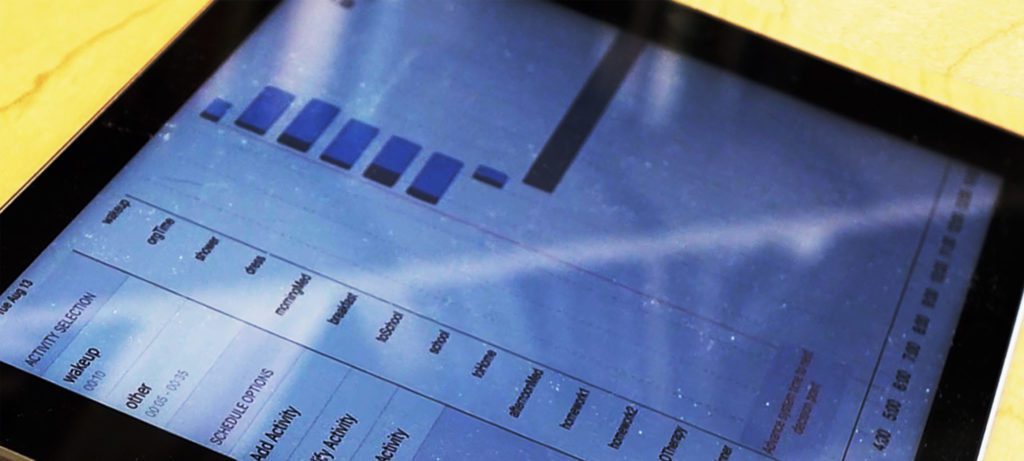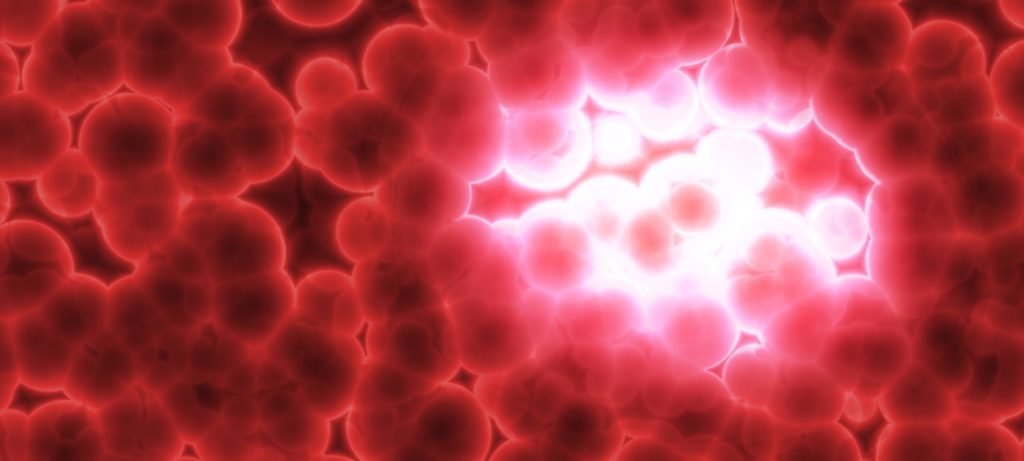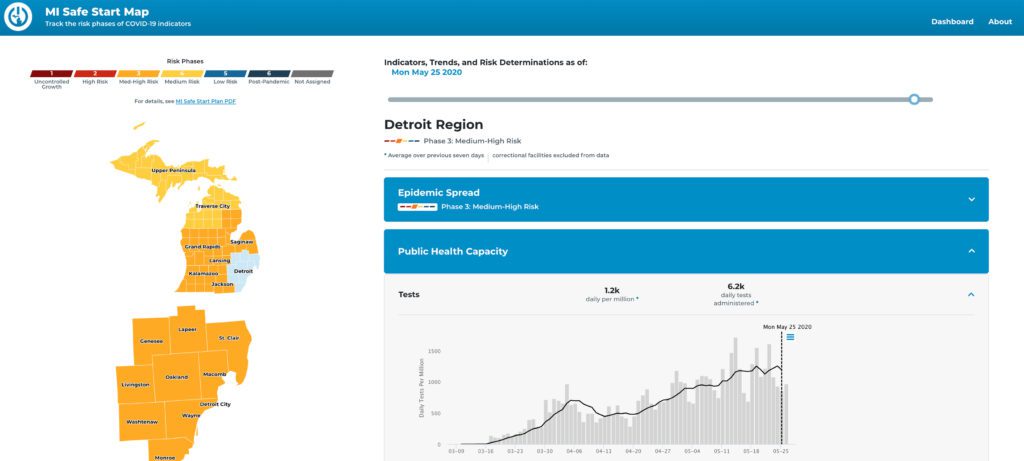A new application for an ongoing NSF project could bolster contract tracing efforts.
-

Open-source software helps youth with disabilities develop scheduling independence
The system can add more flexibility to task management apps to help learning users make informed decisions about their time.
-
New remote voting risks and solutions identified
The upcoming presidential election in the middle of a pandemic has many jurisdictions exploring new technologies. They’re not secure.
The post New remote voting risks and solutions identified appeared first on Michigan Engineering News.
-
How rod-shaped particles might distract an out-of-control immune response
When white blood cells don’t know when to stop, an injection of rod-shaped particles may draw them away from a site of excessive inflammation.
The post How rod-shaped particles might distract an out-of-control immune response appeared first on Engineering Research News.
-

New machine learning method improves testing of stem-like tumor cells for breast cancer research
To improve the prediction and identification of stem-like cancer cells, Prof. Euisik Yoon’s group developed a method that is 3.5 times faster than the standard approach.
-
Trump’s restrictions on Chinese students stifle American companies, universities and innovation
In an op-ed, Brian Denton shares his perspective on the damages done by placing restrictions on Chinese students in the U.S.
The post Trump’s restrictions on Chinese students stifle American companies, universities and innovation appeared first on Michigan Engineering News.
-
First measurement of electron energy distributions
The new tool could enable the design of more efficient sustainable energy and chemistry technologies.
The post First measurement of electron energy distributions appeared first on Michigan Engineering News.
-
Nexus at Michigan Engineering prepares to launch new Cybersecurity professional certificate program
As COVID-19 drives a deeper digital skills gap, Michigan Engineering enables students.
The post Nexus at Michigan Engineering prepares to launch new Cybersecurity professional certificate program appeared first on Michigan Engineering News.
-
Lights in the labs – and eyes – of researchers coming back to work
‘Noncritical’ in-person research begins ramping up, with public-health protocols.
The post Lights in the labs – and eyes – of researchers coming back to work appeared first on Michigan Engineering News.
-

Web app, dashboard from U-M to inform Michiganders’ return to work
The web tools will help state officials identify potential hotspots as they reopen Michigan to business.
- «
- 1
- 2
- 3
- 4
- 5
- 6
- 7
- 8
- 9
- 10
- 11
- 12
- 13
- 14
- 15
- 16
- 17
- 18
- 19
- 20
- 21
- 22
- 23
- 24
- 25
- 26
- 27
- 28
- 29
- 30
- 31
- 32
- 33
- 34
- 35
- 36
- 37
- 38
- 39
- 40
- 41
- 42
- 43
- 44
- 45
- 46
- 47
- 48
- 49
- 50
- 51
- 52
- 53
- 54
- 55
- 56
- 57
- 58
- 59
- 60
- 61
- 62
- 63
- 64
- 65
- 66
- 67
- 68
- 69
- 70
- 71
- 72
- 73
- 74
- 75
- 76
- 77
- 78
- 79
- 80
- 81
- 82
- 83
- 84
- 85
- 86
- 87
- 88
- 89
- 90
- 91
- 92
- 93
- 94
- 95
- 96
- 97
- 98
- 99
- 100
- 101
- 102
- 103
- 104
- 105
- 106
- 107
- 108
- 109
- 110
- 111
- 112
- 113
- 114
- 115
- 116
- 117
- 118
- 119
- 120
- 121
- 122
- 123
- 124
- 125
- 126
- 127
- 128
- 129
- 130
- 131
- 132
- 133
- 134
- 135
- 136
- 137
- 138
- 139
- 140
- 141
- 142
- 143
- 144
- 145
- 146
- 147
- 148
- 149
- »

 Michigan Engineering | University of Michigan
Michigan Engineering | University of Michigan